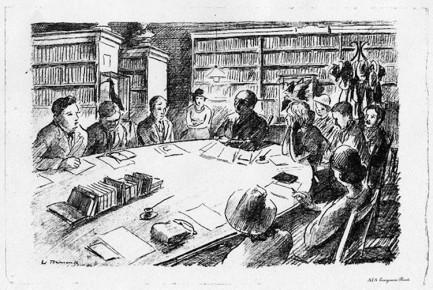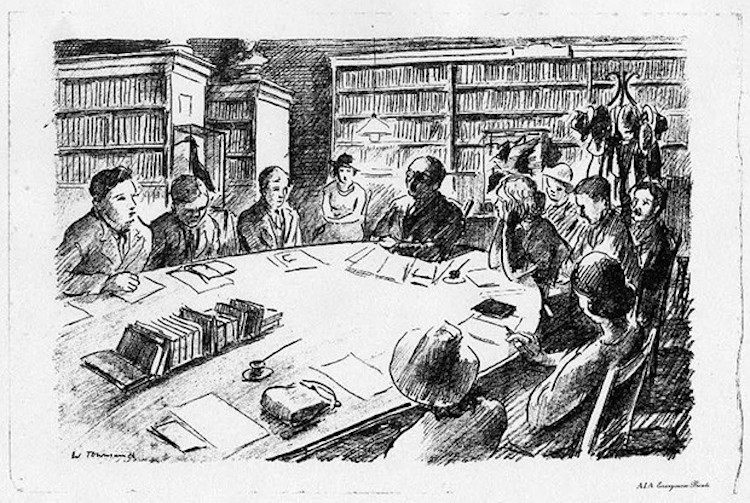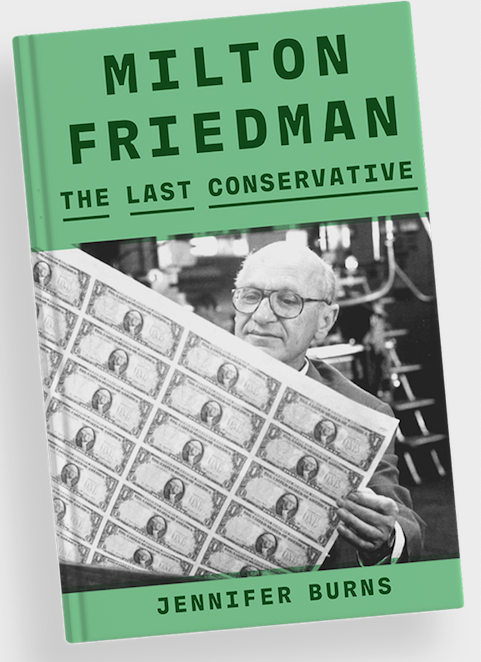
Update 2/20/2017: I have a related essay in the Chronicle Review, assessing Gareth Dale’s Karl Polanyi: A Life on the Left.
Karl Polanyi’s arguments keep getting trotted out, thought I, without much attribution or awareness. What the internet therefore demanded is a good Karl Polanyi explainer that helps make sense of the 2016 election, among other things. And so I wrote one with the estimable Mike Konczal, and it’s up now at Dissent. It includes a musical break from Sharon Jones & the Dap Kings.
Should health care and education be rights, or products that those with enough money can purchase in markets? About seventy-five years ago, in response to the Great Depression, Franklin D. Roosevelt offered, through the programs of the New Deal, an expanded definition of freedom founded on economic security—immortalized as “freedom from want” in his famous speech of 1941. In our own time, severe inequality and the most serious economic crisis since the Great Depression have once again brought the issue of what should count as a right to the surface of political debate.
One candidate, Bernie Sanders, has argued explicitly that health care and education—two things that the New Deal mostly left alone—should be rights and therefore accessible to all. While public policy pundits fight over the specifics, they miss that Sanders, by discussing these things as rights instead of just policies, has changed the nature of the debate. This key distinction helps explain why tens of thousands have turned out to Sanders rallies across the country—not to mention the millions who have supported him online and at the polls—demonstrating enthusiasm for a politics that he explicitly identifies as “democratic socialism.” But what kind of socialism?
The vast majority of Sanders’s supporters are not Marxists clamoring for a dictatorship of the proletariat or the nationalization of industry. Most are, probably without knowing it, secret followers of Karl Polanyi. Polanyi’s classic, The Great Transformation, was published in 1944—the same year that FDR promised a “Second Bill of Rights” guaranteeing employment, housing, social security, medical care, and education to all Americans. Today, Polanyian arguments are once again in the air. Since his ideas seem to be everywhere but he is rarely mentioned, a (re-)introduction to his thinking, and its relevance to politics in 2016, is in order.
UPDATE: This piece has generated several responses. Here is Harvard University Press. Here is Henry Farrell at Crooked Timber, adding on to our piece. Here is a respectful critique from Peter Frase at Jacobin, who, from a Marxist perspective, doubts the sustainability of Polanyian socialism. I don’t actually subscribe to the opinions that he attributes to me–I’m explaining Polanyi, not endorsing an uncritical Polany-ism–but I appreciate the conversation. It is odd to declare welfare capitalism unsustainable when the alternative is revolutionary socialism, but I agree that the puzzle is how to improve on welfare capitalism.





Leave a comment